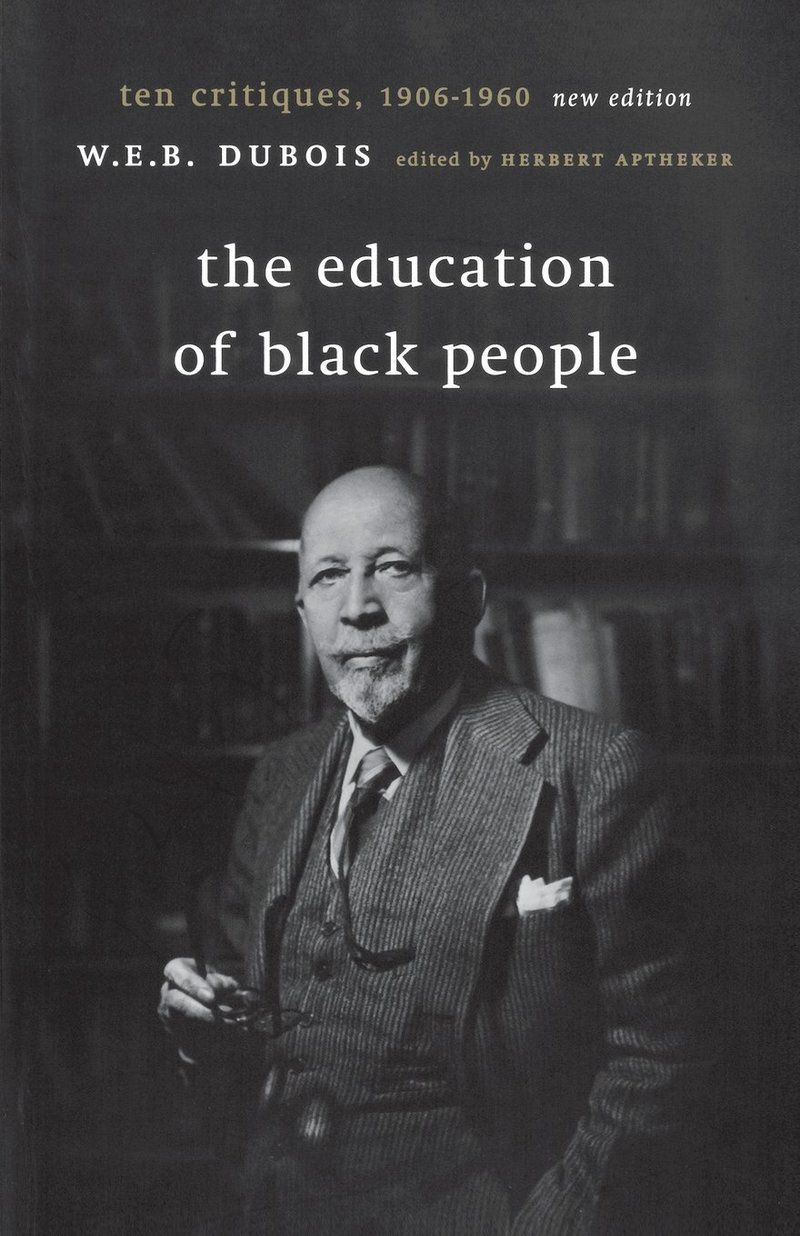
W.E.B. Du Bois was far more than just a name etched in the annals of history; he was a groundbreaking revolutionary thinker, a pioneering sociologist, and an ardent advocate for the rights and dignity of African Americans. Born on February 23, 1868, in the small town of Great Barrington, Massachusetts, Du Bois emerged as a crucial figure in the relentless struggle against racial injustice and inequality in the United States. His intellectual contributions and activism played a significant role in shaping the discourse surrounding race relations and civil rights. In this article, we will explore the multifaceted aspects of his life, examine his influential works, and reflect on the profound and lasting legacy he left behind, which continues to inspire generations in the ongoing fight for social justice and equality. Through his writings and activism, Du Bois challenged the status quo and advocated for a more equitable society, making him a central figure in American history.
Early Life and Education

Roots in Great Barrington
W.E.B. Du Bois was born and raised in Great Barrington, Massachusetts, a community that was notably more tolerant and accepting than many other places during his time. This relatively progressive environment provided him with a unique perspective on race relations, which starkly contrasted with the harsh realities faced by countless African Americans across the nation. Growing up in such a supportive atmosphere allowed Du Bois to cultivate his intellectual curiosity and develop a strong sense of self-worth. These formative experiences played a crucial role in shaping his worldview and ignited a passionate commitment to advocating for social justice and equality for all marginalized communities.
Academic Achievements
Du Bois’s academic journey was marked by remarkable accomplishments that highlighted his dedication to scholarship and social issues. After successfully graduating from Fisk University in 1888, he pursued further education at Harvard University, where he earned a prestigious Ph.D. in 1895. His doctoral dissertation, titled *The Suppression of the African Slave-Trade to the United States of America, 1638–1870*, was a groundbreaking work that demonstrated his profound understanding of the intricate relationship between race and history. Through this research, Du Bois not only showcased his intellectual prowess but also laid the groundwork for future discussions on race, identity, and the historical injustices faced by African Americans, solidifying his role as a leading voice in the fight for civil rights.
Founding the NAACP
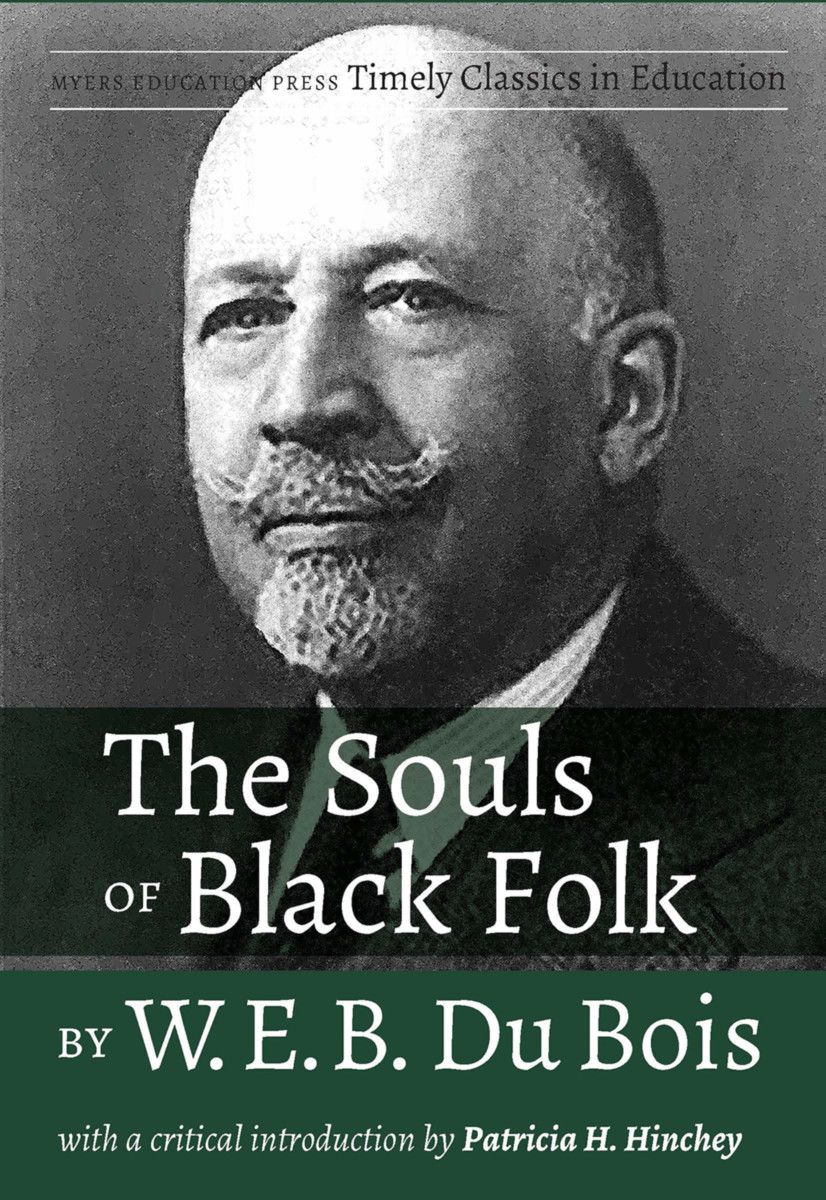
A New Era of Advocacy
In the year 1909, a significant milestone in the fight for civil rights was achieved when W.E.B. Du Bois co-founded the **National Association for the Advancement of Colored People (NAACP)**. This organization quickly emerged as a foundational pillar for civil rights activism across the United States. Du Bois took on the role of editor for its influential magazine, **The Crisis**, from 1910 until 1934. Through this platform, he passionately advocated for racial equality, social justice, and the rights of African Americans, using his voice to highlight the injustices faced by Black individuals in a segregated society. His writings and editorials played a crucial role in raising awareness and mobilizing support for the civil rights movement.
Du Bois vs. Washington: A Clash of Ideologies
The ideological battle between W.E.B. Du Bois and **Booker T. Washington** marked a significant turning point in the discourse surrounding African American rights. Du Bois was a staunch opponent of Washington’s philosophy of accommodation, which suggested that African Americans should accept segregation as a temporary measure and concentrate on vocational training to improve their economic status. In stark contrast, Du Bois championed the idea of **agitation and protest** as essential tools for achieving genuine equality and civil rights. This fundamental disagreement between the two leaders not only shaped their respective movements but also laid the groundwork for the broader civil rights movement that would emerge in the decades to follow. Their differing approaches highlighted the complexities and challenges within the struggle for racial justice in America.
Notable Works of W.E.B. Du Bois

The Philadelphia Negro: A Social Study
Published in 1899, *The Philadelphia Negro: A Social Study* stands as a pioneering work in the field of sociology, marking the first comprehensive examination of a Black community in the United States. Authored by W.E.B. Du Bois, this seminal study provided an in-depth empirical analysis of the social conditions that African Americans faced in Philadelphia during that era. Through meticulous research, Du Bois illuminated the pervasive issues of poverty, discrimination, and social injustice that plagued the Black community. His findings not only shed light on the struggles of African Americans but also laid the groundwork for future sociological studies focused on race and inequality in America.
The Souls of Black Folk
In 1903, W.E.B. Du Bois published *The Souls of Black Folk*, a profound collection of essays that has since become a cornerstone of African American literature. This influential work introduced the concept of **“double consciousness,”** which articulates the internal conflict faced by African Americans as they strive to reconcile their dual identities in a society marked by racial division and prejudice. Through poignant narratives and insightful reflections, Du Bois explored the complexities of Black life in America, addressing themes of identity, culture, and the struggle for civil rights. His essays not only resonated with contemporary readers but also continue to inspire discussions about race and identity to this day.
Black Reconstruction
In 1935, Du Bois published *Black Reconstruction in America*, a groundbreaking work that offered a Marxist interpretation of the Reconstruction era following the Civil War. This ambitious study emphasized the crucial role that Black Americans played in shaping democracy and advancing social change during this transformative period in U.S. history. By challenging the dominant narratives that often marginalized the contributions of African Americans, Du Bois highlighted their agency and resilience in the face of systemic oppression. His analysis provided a fresh perspective on the complexities of race, class, and power, ultimately reshaping the understanding of Reconstruction and its lasting impact on American society.
Du Bois’s Advocacy for Black Nationalism

The Call for Pan-Africanism
Du Bois was a pioneer of **Pan-Africanism**, advocating for the unity of all people of African descent. He believed that collective action was essential for achieving freedom and equality. His leadership in the first **Pan-African Conference** in 1900 laid the groundwork for future movements.
Cultural Nationalism
As the editor of **The Crisis**, Du Bois encouraged the development of Black literature and art, urging his readers to see “**Beauty in Black**.” He believed that cultural expression was vital for the empowerment of African Americans.
Later Years and Political Evolution
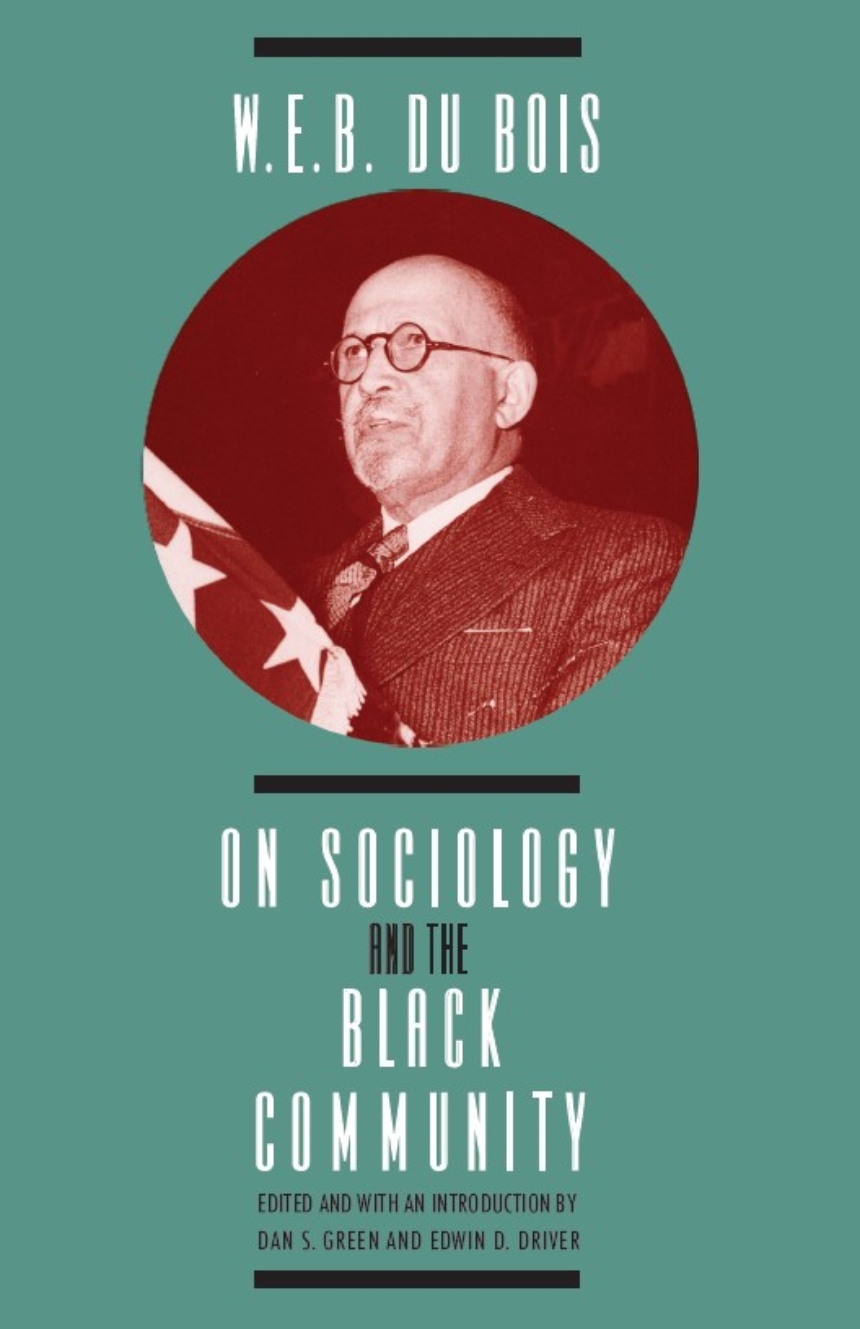
Shift Towards Socialism
In the 1930s, Du Bois’s political views began to shift towards **socialism**. He became increasingly critical of the NAACP, feeling that it catered to the interests of the Black bourgeoisie rather than addressing the needs of the masses. This disillusionment led him to resign from the organization in 1934.
Final Years in Ghana
In 1961, Du Bois moved to **Ghana**, where he continued his work on the **Encyclopedia Africana**. He became a citizen of Ghana and remained active in the Pan-African movement until his death on August 27, 1963.
Du Bois’s Enduring Legacy

Impact on Civil Rights Movement
Du Bois’s ideas and writings laid the foundation for the modern civil rights movement. His emphasis on **agitation and protest** inspired future generations of activists, including figures like Martin Luther King Jr. and Malcolm X.
Recognition and Honors
Today, W.E.B. Du Bois is celebrated as one of the most influential figures in American history. His works continue to be studied in schools and universities, and his contributions to sociology, literature, and civil rights are recognized worldwide.
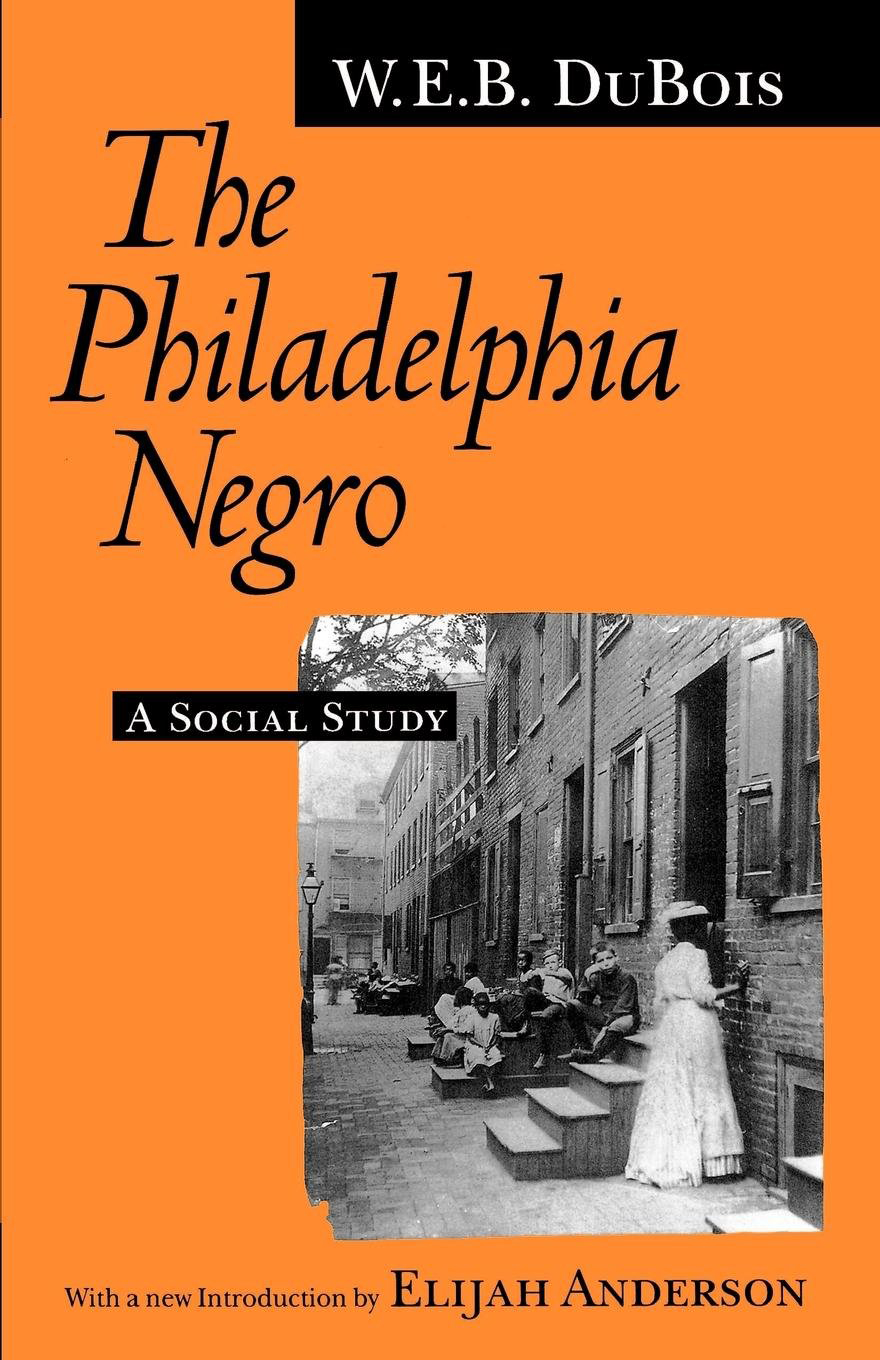
W.E.B. Du Bois’s life was a testament to the power of **education**, **activism**, and **cultural pride**. He urged us to confront the realities of racism and inequality head-on, advocating for a world where everyone, regardless of race, could thrive. As we reflect on his legacy, we are reminded of the ongoing struggle for justice and equality that continues today.
Table: Key Works of W.E.B. Du Bois
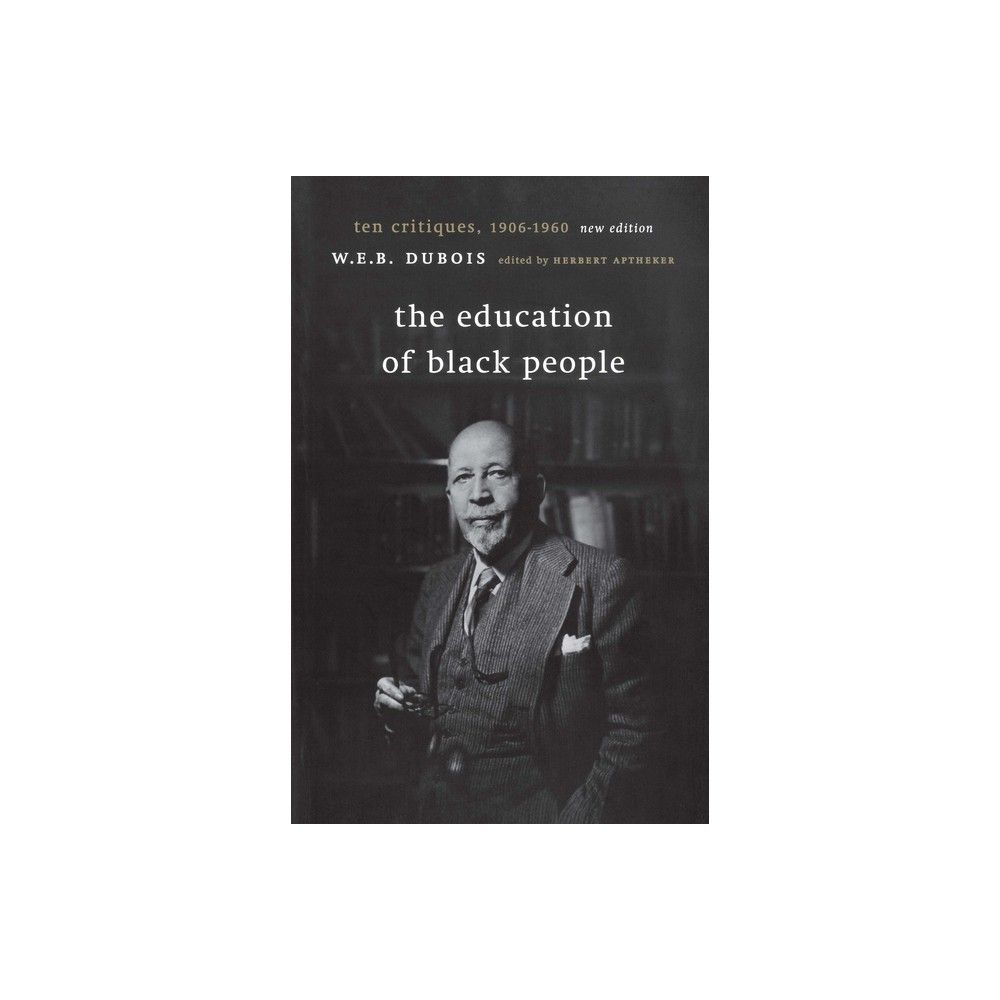
| Title | Year | Significance |
|---|---|---|
| The Philadelphia Negro | 1899 | First sociological study of a Black community in the U.S. |
| The Souls of Black Folk | 1903 | Landmark collection of essays in African American literature. |
| Black Reconstruction | 1935 | Marxist interpretation of the Reconstruction era. |
| Dusk of Dawn | 1940 | Autobiography exploring the complexities of race. |

